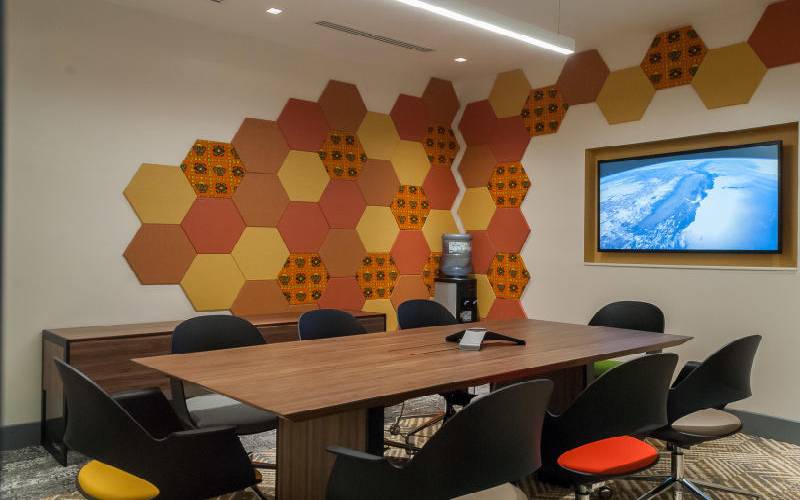×
The Standard e-Paper
Kenya’s Boldest Voice

Samir Patel fits the definition of the urbane, suave business executive. The soft-spoken family man is one of a growing number slowly causing a business ripple in Nairobi.
Patel is the chief executive of Workable Nairobi, a new company that has taken 12,000 square feet of space at Sanlam Tower, Westlands and created 19 private office studios that can accommodate 110 people. What, you may ask is the big deal in that?